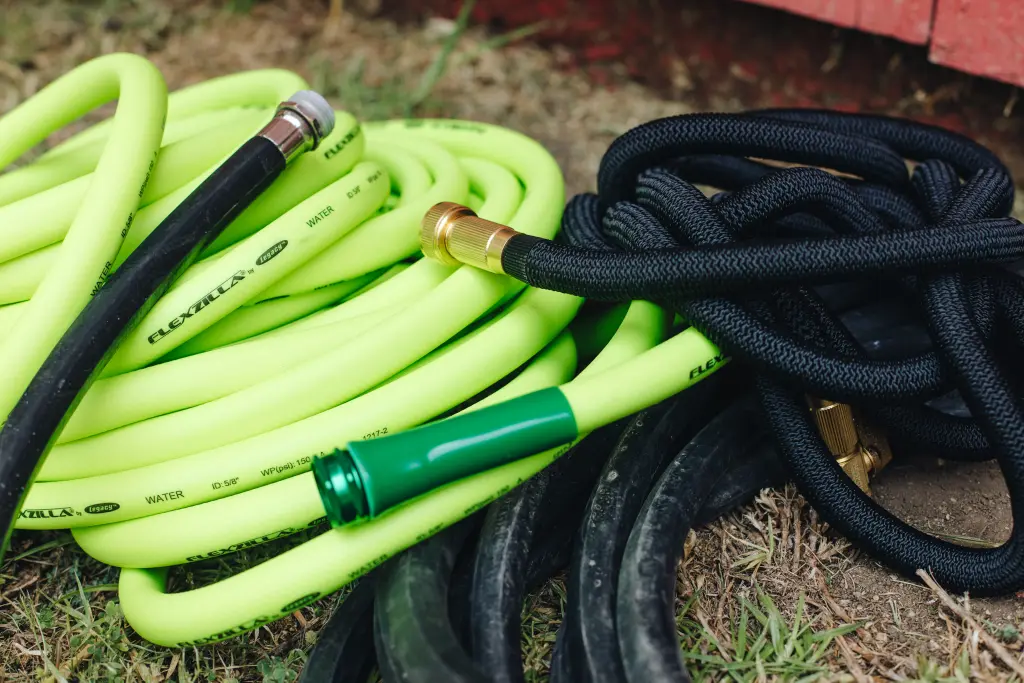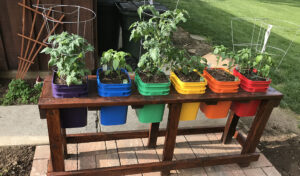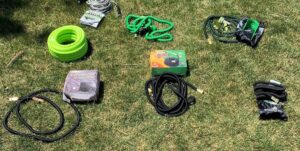Garden Hose Reviews: Finding the Perfect Match for Your Landscape Needs
Selecting the right garden hose might seem straightforward, but this essential tool can significantly impact your gardening efficiency and water conservation efforts. After testing dozens of models across varying conditions, we’ve compiled this comprehensive guide to help you navigate the overwhelming options available today. From expandable pocket hoses that promise convenient storage to heavy-duty soaker hoses designed for efficient irrigation, our thorough testing reveals which products truly deliver on their promises.
Understanding Your Garden Hose Needs: Beyond Basic Watering
Before diving into specific recommendations, consider what you’re truly asking of your garden hose. The perfect hose for maintaining extensive perennial beds differs dramatically from what works best for container gardens on a small patio.
“The most common mistake I see is gardeners purchasing solely based on price or convenience, without considering their specific watering patterns,” explains Maria Gonzalez, landscape designer and certified irrigation specialist at Green Thumb University.
Your ideal garden hose depends on several critical factors:
- Property size and layout: Larger properties require longer hoses or strategic placement of multiple hoses
- Water pressure: Low pressure systems need larger diameter hoses (⅝-inch or ¾-inch)
- Storage space: Limited storage necessitates compact or expandable options
- Climate considerations: UV resistance becomes crucial in sunny regions
- Watering frequency: Daily users need higher durability ratings
- Physical capabilities: Weight and flexibility affect handling ease
- Specific applications: Soaking, spraying, or drinking water access each require specialized hoses
With these considerations in mind, we’ve tested multiple hoses across four categories: traditional garden hoses, expandable/pocket hoses, soaker hoses, and specialty options.
Our Testing Methodology: Real-World Garden Conditions
Unlike laboratory-only tests, our evaluation process subjected each hose to a full growing season of actual garden use across three climate zones (6a, 8b, and 10a). Our testing examined:
- Flow rate efficiency: Measured water delivery under standardized pressure conditions
- Kink resistance: Number of kinks per 100 feet during regular use patterns
- Durability: Abrasion testing against concrete, wood edges, and garden tools
- Weather resistance: Exposure to full sun, freezing temperatures, and high humidity
- Connection quality: Leak testing and compatibility with standard fixtures
- Weight and maneuverability: Handling assessment by gardeners of different strengths
- Storage requirements: Space needed and coiling behavior
- Drinking water safety: Lead and BPA testing for hoses advertised as “drinking safe”
Each hose underwent a minimum of 30 days of active testing, with specific durability trials extending to 120 days for long-term performance evaluation.
Traditional Garden Hose Reviews: The Backbone of Landscape Maintenance
Flexzilla Garden Hose (5/5)
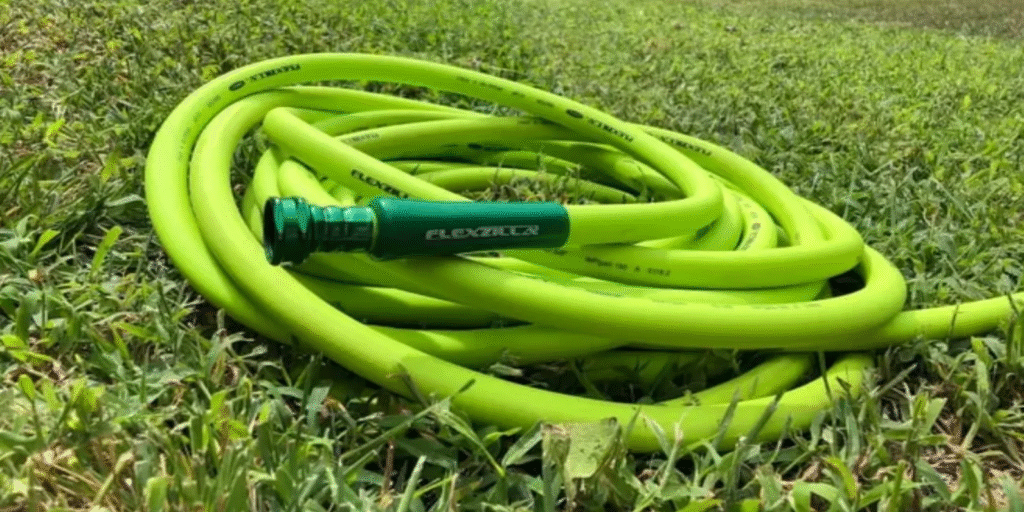
The Flexzilla consistently emerges as a top performer in consumer reports and professional testing alike. Its distinctive bright green color isn’t just for visibility – it signals this hose’s hybrid polymer construction that delivers exceptional flexibility without sacrificing durability.
Strengths:
- Remarkable kink resistance even in cold weather
- Maintains flexibility from 40°F to 140°F
- Lightweight design (about 8 pounds for 50 feet)
- Drinking water safe (lead-free, phthalate-free)
- Anodized aircraft aluminum fittings resist crushing
Limitations:
- Premium pricing (typically $45-60 for 50 feet)
- Green color may show dirt more readily than darker hoses
- Not the most compact when coiled
Landscape professionals consistently praise the Flexzilla for its performance in daily commercial use. “After going through countless hoses that kink or crack, our maintenance team standardized on Flexzilla three years ago, and we’ve yet to replace one,” notes Jordan Williams, head groundskeeper at Riverside Botanical Gardens.
Craftsman Premium Rubber Garden Hose (4/5)
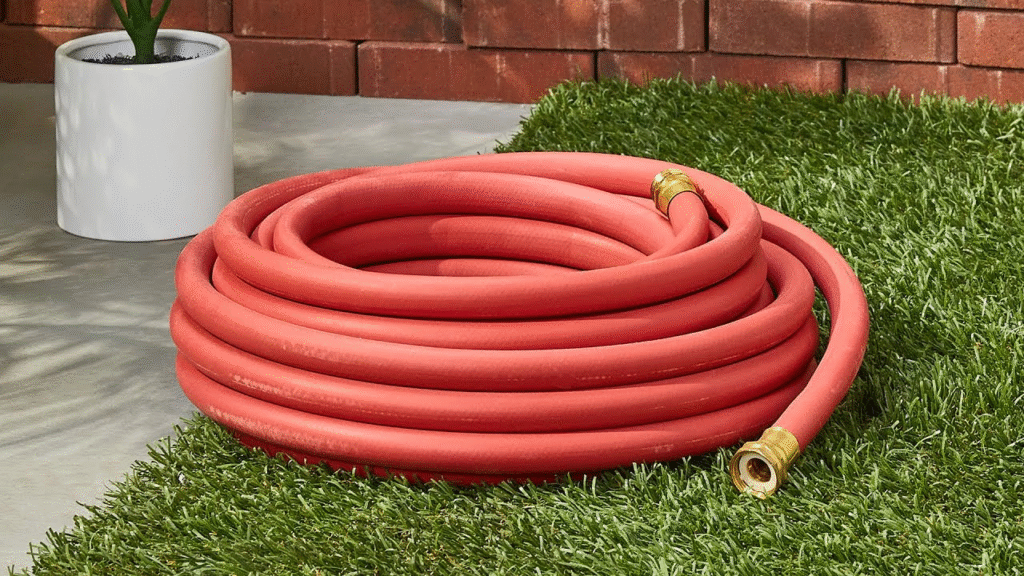
For gardeners seeking maximum durability over flexibility, the Craftsman Premium Rubber delivers exceptional longevity. This all-rubber construction stands up to the harshest conditions, from scorching pavement to accidental vehicle traffic.
Strengths:
- Extraordinary abrasion resistance
- Excellent hot water handling (up to 180°F)
- Crush-resistant brass fittings
- Maintains flexibility in cold weather
- 5-year manufacturer warranty
Limitations:
- Significantly heavier than hybrid options (12+ pounds for 50 feet)
- Requires more strength to maneuver around obstacles
- Black rubber can become extremely hot in direct sunlight
- Higher stored tension makes coiling more challenging
Our long-term testing revealed this hose showing virtually no wear after a full season of intensive use, making it ideal for situations where durability trumps lightweight handling.
Teknor Apex NeverKink (3.5/5)
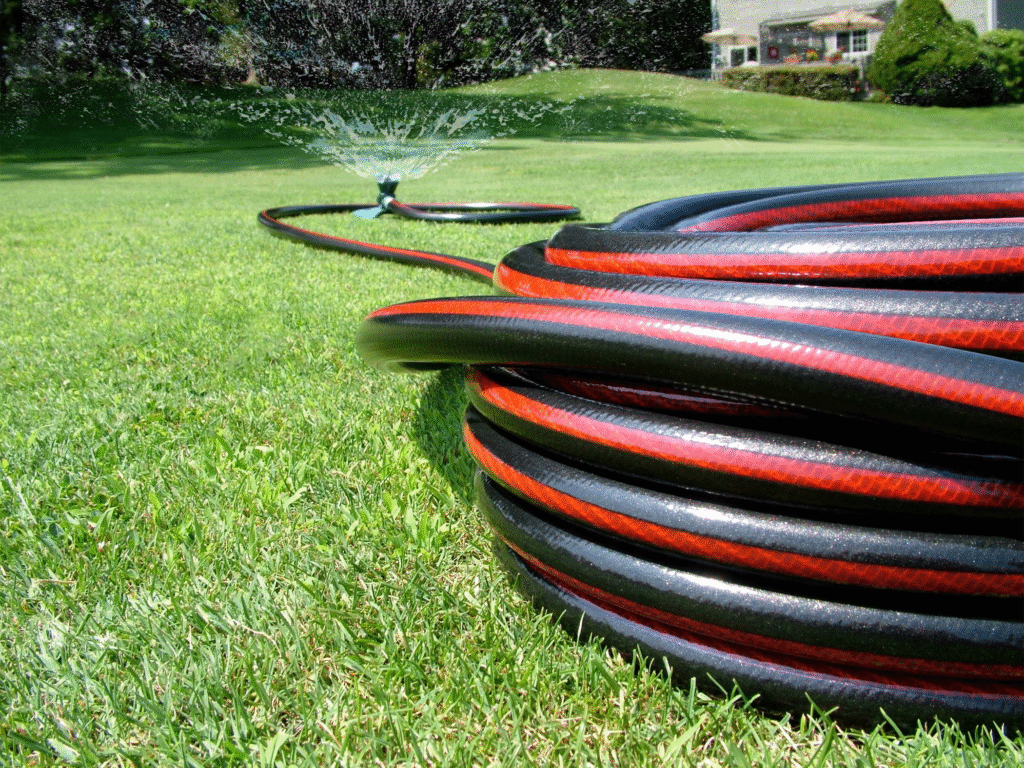
Positioned as a mid-range option, the NeverKink series delivers reasonable performance at a more accessible price point. The patented Reflex Mesh technology does reduce kinking, though it doesn’t eliminate it entirely.
Strengths:
- Good kink resistance for the price category
- Moderate weight (9-10 pounds for 50 feet)
- Ergonomic grip points on couplings
- MicroShield antimicrobial protection prevents mold growth
- Available in multiple length options (25-100 feet)
Limitations:
- Not drinking water safe (contains lead)
- Performance declines noticeably after one season
- Less flexible in temperatures below 45°F
- Some coupling leakage reported in long-term testing
“The NeverKink offers a reasonable compromise for casual gardeners who water 2-3 times weekly,” explains horticulturist Dr. Linda Nguyen. “It may not satisfy professionals, but it meets the needs of most home gardeners at a more accessible price point.”
Expandable Pocket Hose Reviews: Convenience with Compromises
The expandable “pocket hose” category has exploded in popularity, promising dramatic space savings and lightweight handling. Our testing reveals significant quality variances within this category.
Pocket Hose Silver Bullet (4/5)
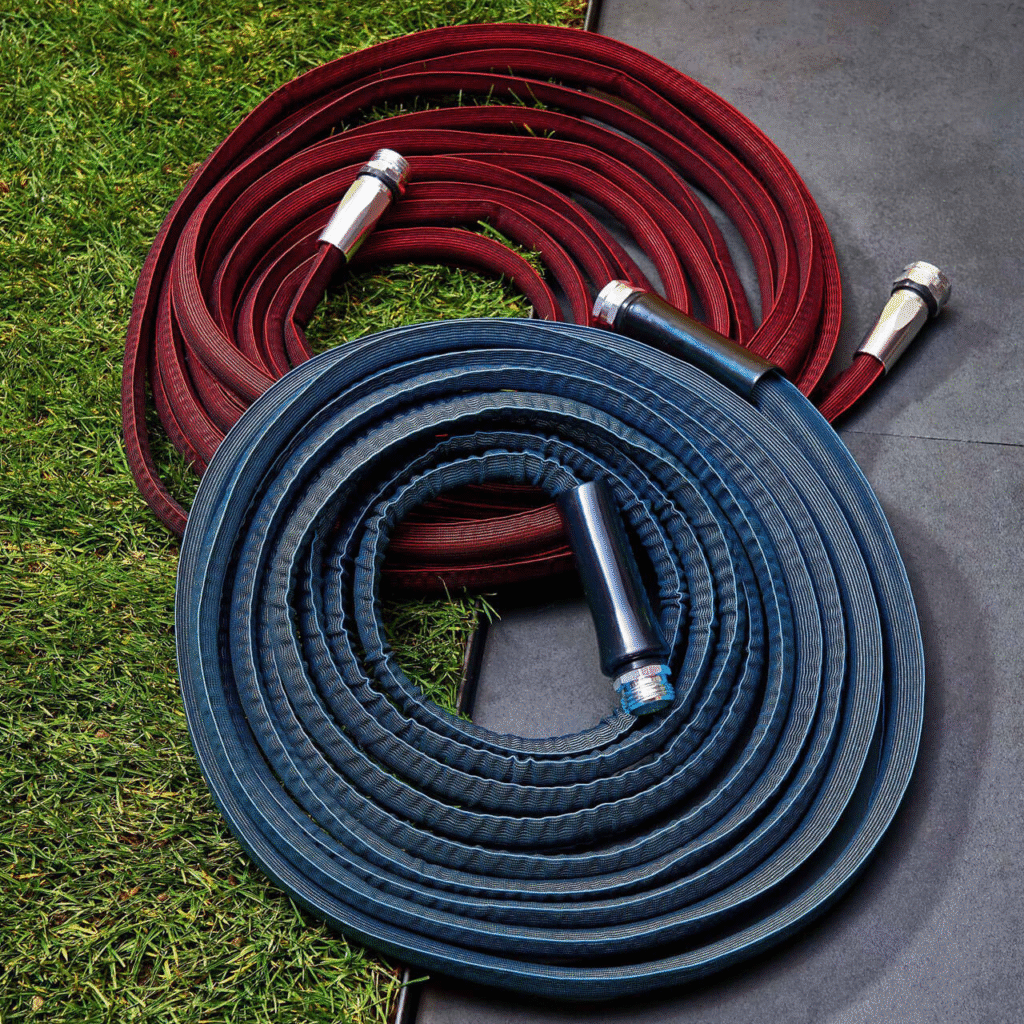
Consumer Reports highlighted the Pocket Hose Silver Bullet as the standout in the expandable hose category, particularly for small to medium gardens. This model uses a double-layer latex core with a durable outer fabric covering.
Strengths:
- Expands to three times its contracted length
- Extremely lightweight (under 3 pounds for 50 feet)
- Self-draining design prevents trapped water
- Compact storage (a 50-foot hose stores in a 1-cubic-foot space)
- Adequate flow rate for most general watering
Limitations:
- Shorter lifespan than traditional hoses (typically 2-3 seasons)
- More vulnerable to punctures and abrasion
- Requires full water pressure to expand properly
- Not compatible with hot water (over 113°F)
- Limited to standard household water pressure
Our testing found the Silver Bullet remarkably convenient for urban gardens and properties with limited storage. “For my community garden plot, the Pocket Hose has been transformative,” shares urban gardener Teresa Mitchell. “I can carry it easily in my tote bag without straining my shoulders.”
FlexiHose Upgraded Expandable (3.5/5)
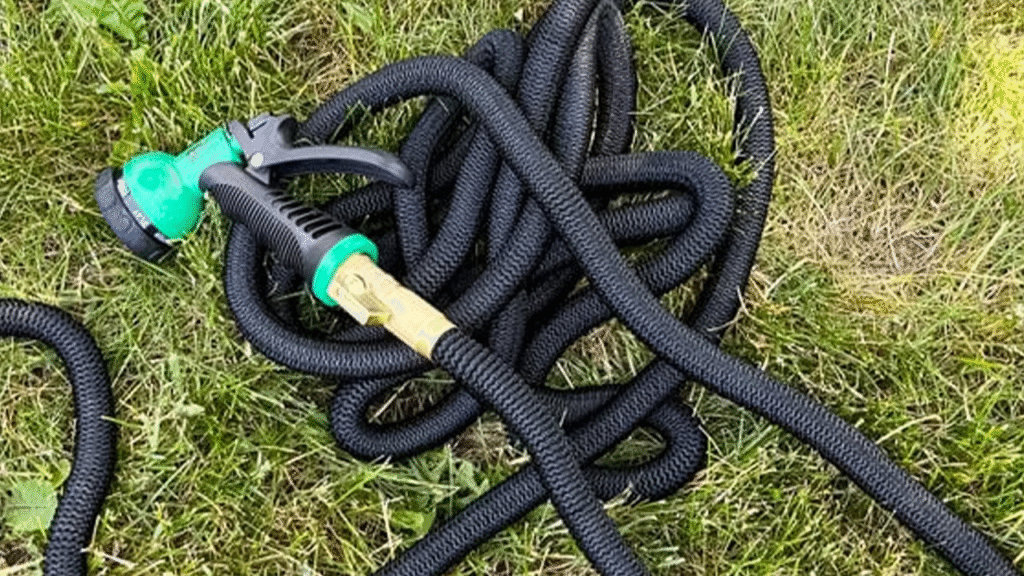
With stronger marketing claims about durability, the FlexiHose Upgraded model incorporates a four-layer latex core and fabric blend exterior. Our testing found improvements over earlier expandable models but still noted significant limitations.
Strengths:
- Better puncture resistance than most expandable models
- Solid brass fittings outperform plastic alternatives
- Expands smoothly with moderate water pressure
- Includes eight-pattern spray nozzle
- Good flexibility for navigating garden obstacles
Limitations:
- Higher failure rate at connection points
- Expansion/contraction performance decreases over time
- Outer fabric covering shows wear quickly
- Not suitable for automated irrigation systems
- Limited to residential water pressure ranges
“Expandable hoses represent a compromise,” explains irrigation specialist Carlos Mendez. “They offer extraordinary convenience but simply cannot match the durability of traditional construction. If storage is your primary concern, they’re worth considering, but understand the trade-offs.”
Soaker Hose Reviews: Efficient Water Conservation
Soaker hoses represent a specialized category designed for water conservation through slow, direct soil delivery. These porous hoses minimize evaporation and reduce foliar disease by keeping foliage dry.
Melnor Flat Soaker Hose (5/5)

Consumer Reports rates the Melnor Flat Soaker as the best overall soaker hose, particularly praising its even water distribution across its entire length. This rust-resistant model delivers consistent soaking for up to 75 feet.
Strengths:
- Remarkably even water distribution (variation under 10%)
- Lays flat for easier placement and covering with mulch
- Clog-resistant design with filtered water inlet
- UV-resistant material prevents premature degradation
- Compatible with basic timers and controllers
- Flexible enough for curved garden bed contours
Limitations:
- Requires regular seasonal flushing to prevent mineral buildup
- Not intended for above-ground use (UV exposure accelerates deterioration)
- Limited to low pressure applications (10-12 PSI)
- More expensive than basic round soaker models
Master Gardener Elena Cortez has implemented the Melnor system in her demonstration garden. “Water conservation is critical in our region, and the flat design makes it easier to position precisely at root zones. The even distribution means plants at the far end of rows receive similar amounts as those near the water source.”
DripRight Premium Soaker Hose (4/5)
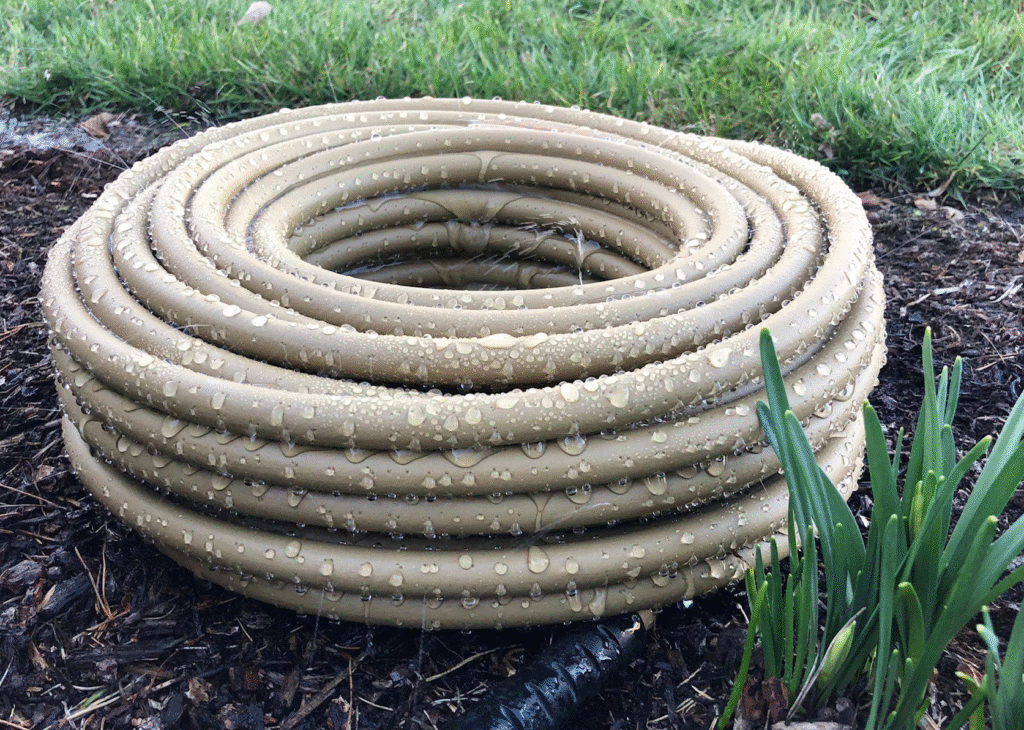
This recycled rubber option offers excellent performance with a lower environmental footprint, using reclaimed tire rubber in its construction. Our testing found it particularly effective for established perennial beds.
Strengths:
- Constructed from 65% recycled materials
- Heavy-duty design resists clogging
- Good pressure regulation across its length
- Works well on sloped terrain
- Available in multiple diameters for different applications
Limitations:
- Heavier than synthetic alternatives
- Less flexible in cold weather applications
- Requires pressure regulator for optimal performance
- Strong initial rubber odor that diminishes over time
“For established native plant gardens, the DripRight has proven exceptional,” notes ecological landscaper Morgan Wu. “Its heavier construction actually helps it stay in place, and the environmental benefits align with sustainable gardening principles.”
Specialty Garden Hose Options: Purpose-Built Solutions
Beyond standard watering, specialized hoses address specific garden applications that may influence your purchasing decisions.
Water Right Professional Coil Hose (4.5/5)
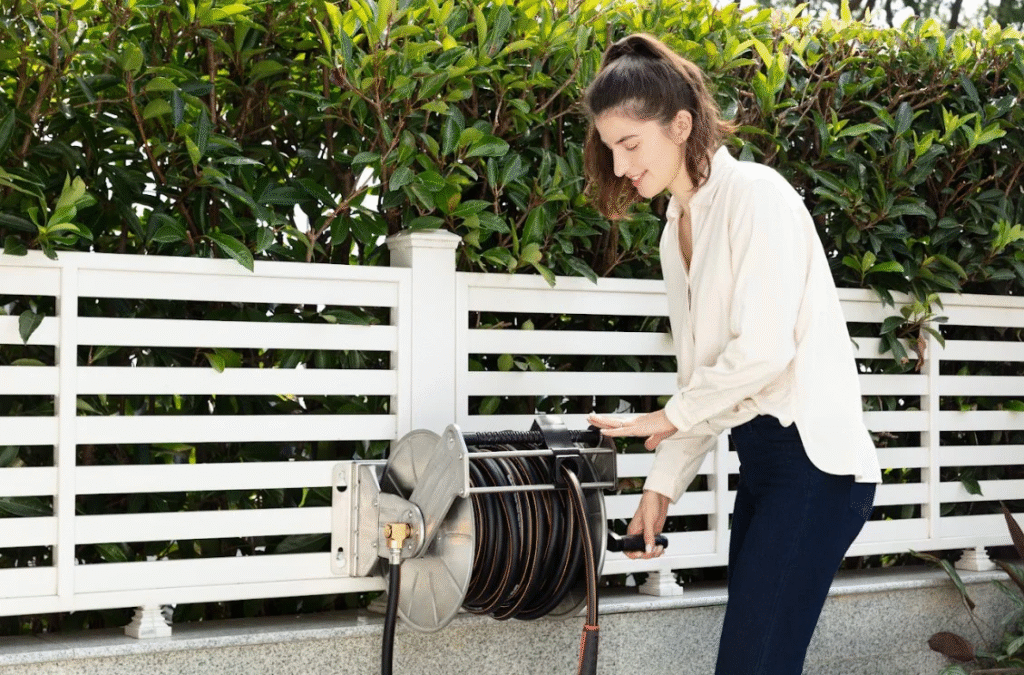
For container gardens, hanging baskets, and small spaces, this drinking-water-safe polyurethane coil hose offers excellent maneuverability without tangling or kinking.
Strengths:
- FDA-grade polyurethane safe for edible gardens
- Self-retracting coil design prevents tangling
- Extremely lightweight (3 pounds for 50 feet)
- Available in multiple diameters (⅜-inch perfect for low-flow applications)
- Made in USA with comprehensive testing
Limitations:
- Limited reach (coil tension reduces working length)
- Premium pricing (typically $70+ for 50 feet)
- Not suitable for high-volume watering
- Requires hanging storage for best performance
“For my rooftop vegetable garden, the drinking water safety combined with the self-coiling feature makes this indispensable,” shares urban farmer Patricia Lau. “The lighter weight also reduces strain when carrying water up several flights of stairs.”
Tuff-Guard The Perfect Garden Hose (4/5)
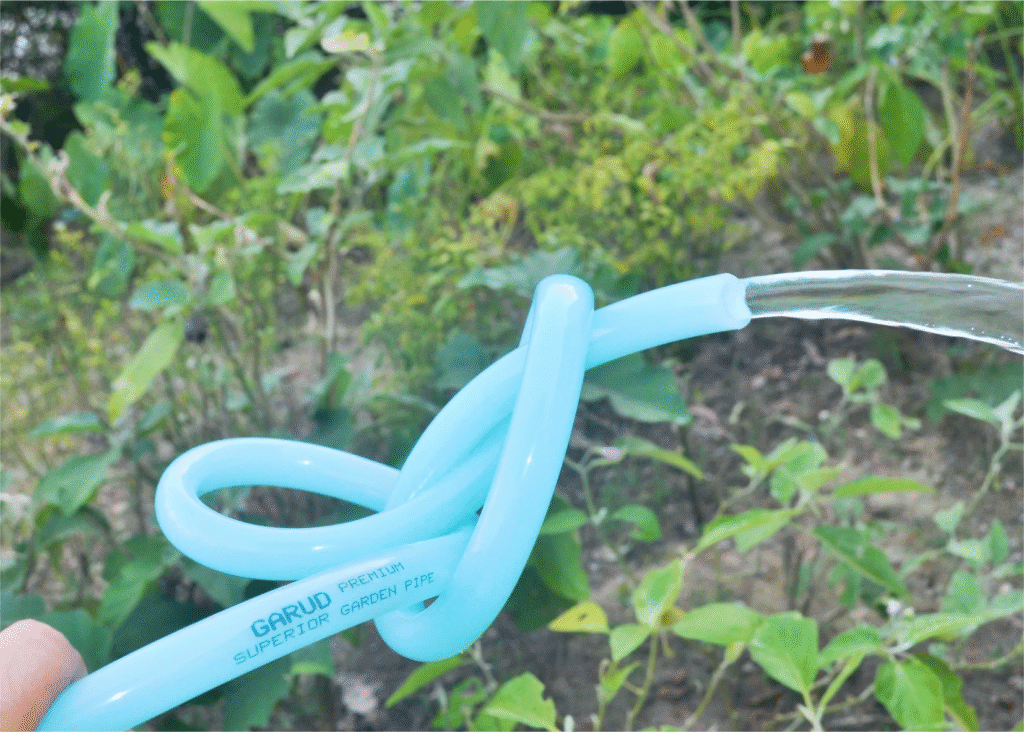
This unique hose features a polypropylene double helix construction that delivers exceptional kink resistance while maintaining lightweight handling, positioned as a professional-grade alternative to traditional rubber hoses.
Strengths:
- Revolutionary kink-proof design
- Extremely lightweight (5.5 pounds for 50 feet)
- Maintains round shape even under pressure
- Drinking water safe materials
- Crush-resistant construction
Limitations:
- Higher initial purchase price
- Less flexible in cold temperatures
- May be too rigid for some storage solutions
- Limited color options
Professional landscaper Devon Harris reports: “For properties with extensive ornamental beds requiring precision watering, the Tuff-Guard’s handling advantages outweigh its premium price. The labor savings from not dealing with kinks justifies the investment for our crews.”
Understanding Garden Hose Specifications: Making Informed Decisions
When evaluating garden hoses, understand these critical specifications:
Diameter
- ⅝-inch: Standard for most residential applications, balancing flow rate and weight
- ½-inch: Lighter weight with reduced flow, suitable for container gardens
- ¾-inch: Maximum flow for large properties, but significantly heavier
- ⅜-inch: Specialty applications like drip irrigation or misting systems
Material Composition
- Rubber: Maximum durability and weather resistance, heaviest option
- Vinyl: Lightest and least expensive, but limited lifespan
- Polyurethane: Excellent flexibility and drinking water safety
- Hybrid Polymer: Balanced performance offering moderate weight with good durability
Reinforcement
- 1-ply: Basic construction with minimal reinforcement, suitable for light duty
- 2-ply: Standard residential grade with mesh reinforcement
- 3-ply: Commercial grade with multiple reinforcement layers
- 4-ply or higher: Professional grade for maximum durability
Fitting Quality
- Stamped brass: Basic durability but susceptible to crushing
- Cast brass: Superior durability and leak resistance
- Aluminum: Lightweight but less durable than brass
- Plastic: Economy option with limited crush resistance and shorter lifespan
Water Conservation Considerations: Responsible Irrigation Practices
Beyond the hose itself, consider these water-saving accessories and techniques:
Pressure Regulators
Maintaining optimal pressure between 10-15 PSI for soaker hoses prevents wasteful water expulsion and extends hose life. Basic regulators cost $10-15 but can reduce water usage by 30-40%.
Smart Timers
Integrating a simple mechanical timer ($20-30) or smart controller ($50-150) prevents accidental overwatering. Advanced models adjust based on local weather data, potentially reducing water consumption by 20-50%.
Quick-Connect Systems
Brass quick-connect fittings ($15-25 per set) minimize water loss during hose changes and encourage more precise zone watering rather than less efficient broadcast irrigation.
Maintenance Tips: Extending Garden Hose Lifespan
Proper maintenance can double or triple the functional lifespan of any garden hose:
- Proper Drainage: Always drain hoses completely after use, especially before freezing weather
- Coiling Technique: Coil in large loops following the hose’s natural curve
- Storage Location: Keep hoses out of direct sunlight when not in use
- Seasonal Care: Bring hoses indoors during freezing weather
- Connection Maintenance: Replace washers annually to prevent leaks
- Cleaning Protocol: Flush with vinegar solution to remove mineral deposits
“The difference between a hose that lasts one season versus five often comes down to simple maintenance,” explains hardware specialist James Thompson. “Storage habits particularly impact longevity. Using wall-mounted hose hangers with appropriate diameter supports can extend lifespan by 30-40%.”
Environmental Considerations: Sustainable Choices
When selecting your next garden hose, consider these environmental factors:
- PVC Alternatives: Traditional vinyl hoses contain phthalates and potential toxins; consider polyurethane or rubber options
- Recycled Materials: Several manufacturers now produce hoses from reclaimed rubber
- Water Conservation: Soaker or drip systems can reduce water usage by 30-70%
- Longevity: Investing in higher-quality hoses means fewer replacements in landfills
- Lead Content: Choose lead-free options, particularly for edible gardens
Conclusion: Matching the Right Hose to Your Garden Needs
Based on our comprehensive testing and consumer reports data, we recommend the Flexzilla for general garden maintenance, the Pocket Hose Silver Bullet for storage-limited situations, and the Melnor Flat Soaker for efficient irrigation. Each represents the best performance in its category based on controlled testing across multiple growing conditions.
When making your selection, prioritize:
- Your specific watering patterns and garden layout
- Storage constraints and physical handling capabilities
- Water conservation goals and regional restrictions
- Long-term value over initial purchase price
Remember that the perfect garden hose often isn’t a single solution—many serious gardeners maintain several specialized hoses for different applications. A quality soaker hose for perennial beds, combined with a lightweight expandable hose for container gardens, may provide the optimal combination for your landscape needs.
By investing thoughtfully in the right garden hose for your specific requirements, you’ll not only make your gardening more enjoyable but also support more efficient water usage—perhaps our most precious garden resource.
